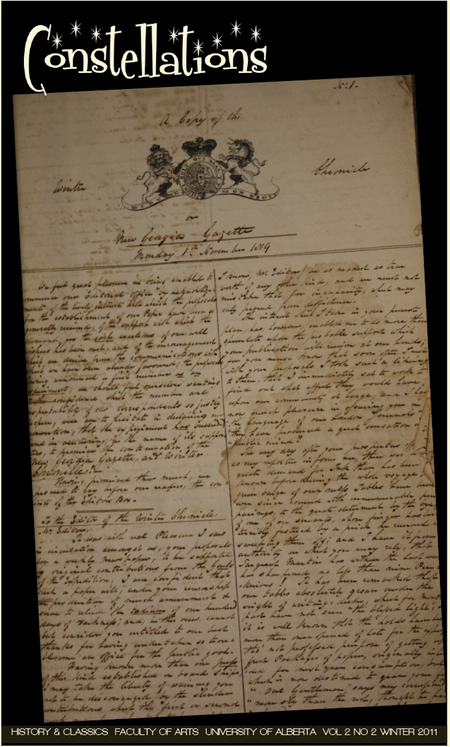Turkish Politics: Between Europe and Islam
DOI:
https://doi.org/10.29173/cons10498Abstract
Since the inception of Turkey as an independent state, the country has based itself on Western modes of governance, with secularism being a hallmark of the nation. In recent years, Islamic parties have made inroads in government, causing consternation among the old guard and allies in Europe. Much of the modern arguments against Turkey's inclusion in the EU rely on psuedo-Orientalist ideas; Turkey is somehow so different and alien from "European" culture that they simply do not belong in the EU. Historical notions of Turkey and Islam as fundamentally different are then propagated to remove Turkey from contemporary Europe. Islamic politics in Turkey do not represent a shift to a more fundamentalist ideology; in actuality, Turkish Islamic parties are very modern movements based in progressive ideas. The rise of Islamic parties in Turkey signals a shift away from a dogmatic following of the strictly secular West into a more hybrid political identity, unshakably tied to the West but allowing for a greater expression of its Middle Eastern Muslim heritage.



